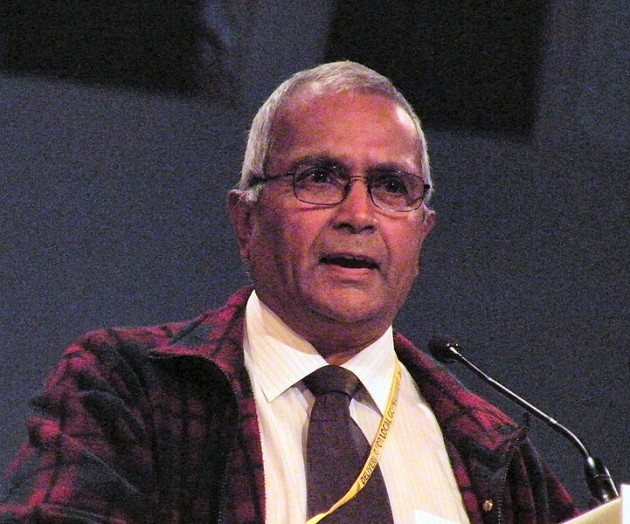Lord Dholakia responds to the Minister for Work and Pensions, Baroness Stedman-Scott’s, repeat statement on the Commission on Race and Racial Disparities from the one given by Kemi Badenoch’s, Minister for Levelling Up Communities, original statement to the House of Commons, by questioning the government’s commitment to levelling-up and equal opportunities for ethnic minorities.
Lord Dholakia questioned the government’s Covid inquiry terms regarding a lack of reference to the disproportionate affect on ethnic minorities. He emphasised the seriousness of his point by stating, ‘many workers have lost their lives’; and further highlighted,the pandemic showed how heavily we depend on our diverse communities to serve our NHS’. Referencing the new levelling-up agenda in this context, Lord Dholakia underlined his concerns that, ‘the actions set out by the government plan do not go nearly far enough to create a more inclusive society’. ‘They kick the can down the road on most issues,’ he declared, ‘with the creation of new strategies and frameworks in the years to come’, and are not dealt with enough immediacy and have a lack of inclusivity.
Echoing the concerns of many regarding the Criminal Justice System and the unequal affect its attitudes and practices have on ethnic minorities, Lord Dholakia pointed out, ‘[t]he new framework for stop and search will not build trust between the police and the ethnic communities they serve, unless they end suspicionless stop and search due to its disproportionate impact on minorities’. Showing his shock that some police and crime commissioners are not appointing additional police officers, he stated, ‘underrepresentation of police in recruitment, retention and promotion still remains a concern after over 50 years’. Referring to the recent abhorrent intimate strip and search of a young black student, he stressed categorically that the lack of ethnic minority officers, ‘ is not going to help the adversarial relations between the police and black communities’.
Continuing his concerns, Lord Dholakia questioned why the Government has, ‘set out an action plan to tackle inequality based on recommendations from a commission which concluded that there was no systemic racism in Britain’. Noting that ‘[t]he Inclusive Britain strategy, (…), was developed in response to a controversial report by the Commission on Race and Ethnic Disparities last year’, Lord Dholakia listed some of the levelling-up agenda’s aims. This included, ‘ clamping down on
online racist abuse through new legislation’ which Lord Dholakia noted, ‘ we do not need to look far: simply examine a football match on a Saturday afternoon to see how much we hate the extent of racism which is perpetrated on football grounds’ and the disparaging effect this has on ethnic minorities and communities.
Re-emphasising the ingrained racism in our public bodies and institutions, Lord Dholakia reiterated the deeply concerning and serious issue of ‘maternal health outcomes for ethnic-minority women’. This was something, ‘that has been linked to systemic racism by experts’, he said, as he finished off by requesting adequate and meaningful answers from the Minister to his concerns.

Readers like you, make ESHADOOT work possible. We need your support to deliver quality and positive news about India and Indian diaspora - and to keep it open for everyone. Your support is essential to continue our efforts. Every contribution, however big or small, is so valuable for our future.












At least we have someone in Lord Dholakia stranding for our rights and challenging the minister. A lot more needs to be done especially for those who for life are made to work in middle-level positions, being passed over for promotion by those who are less capable and poorly qualified except of the right colour